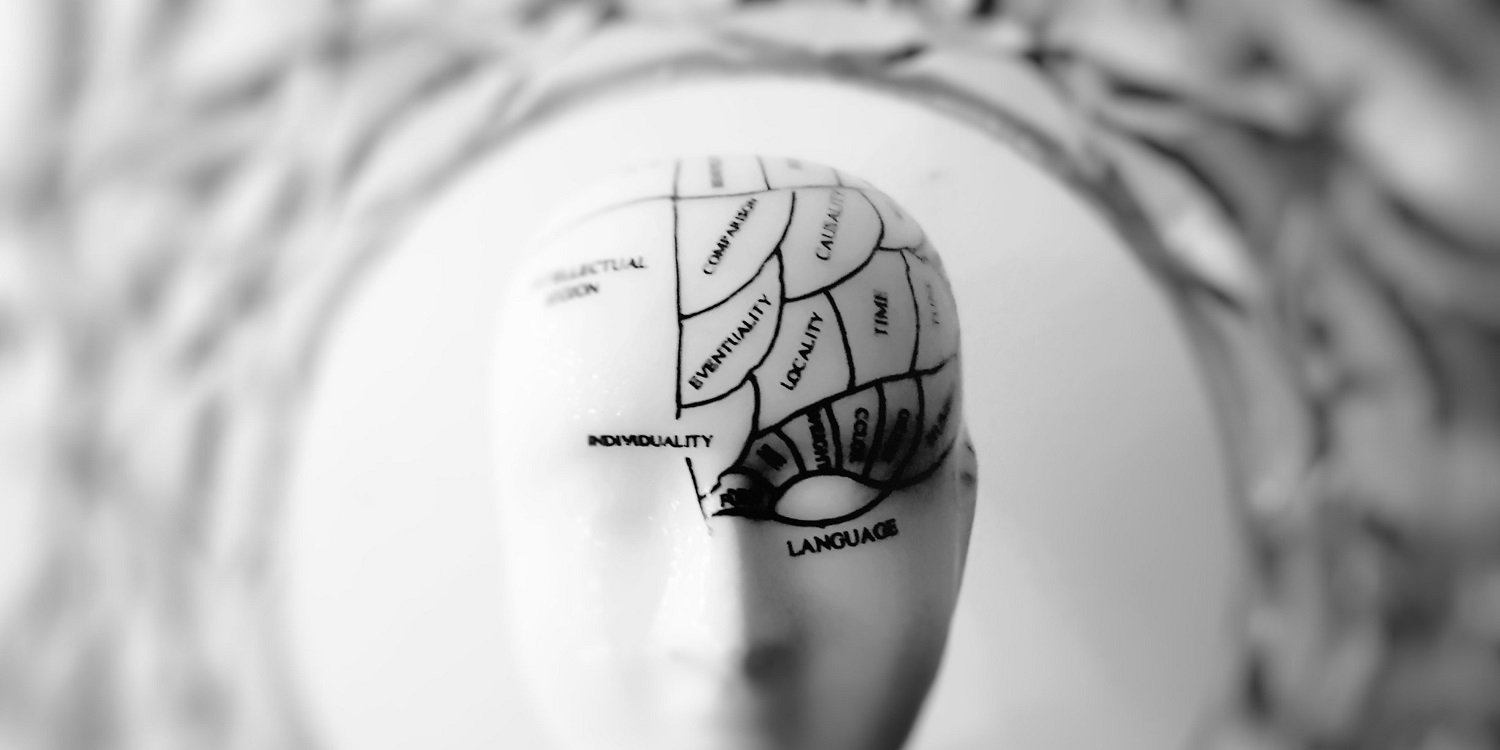'Neurodiversity in the workplace' is a term that you may have come across recently. For example, in February 2018 the CIPD published “Neurodiversity at Work”, which calls for employers to support employees to be comfortable and successful at work whilst also raising awareness of neurodivergent people.
What is neurodiversity in the workplace?
“Neurodiversity” refers to how the brain can process and interpret information in different ways. It has become an umbrella term for diverse conditions such as autism, ADHD, dyspraxia and dyslexia. Ultimately, in the same way that we are all different physically, we all think differently too. Whilst the majority of the population are viewed as “neurotypical”, some people think and learn differently due to conditions such as those listed above.
Traditionally, these conditions have been viewed as disabilities, but increasingly it has been shown that they can also bring a variety of strengths to the workplace, such as problem-solving, identifying patterns or enhanced visual spatial thinking. Effectively, we’re seeing a slow reframing of the way we view these conditions – from problems to solve or manage, to natural differences in the way we are and think.
Designing workplaces for neurodiverse employees
When we design workplace processes, we almost always have a neurotypical person in mind. Consider the open plan office. The noise and stimulation of a large space filled with people may be difficult for those on the autistic spectrum. They could find such an environment over-stimulating. Similarly, standard recruitment processes, usually designed to assess job competence, also see hiring managers assessing social skills, communication abilities and personality traits – often under the auspices of “culture fit”. This potentially places neurodivergent applicants at a particular disadvantage. Likewise the traditional team building activities and icebreakers that we often build into induction and training programmes. These are just a few examples of how the typical workplace won’t work for every individual.
We have long recognised the need for diversity in organisations: it’s common knowledge that diverse teams perform better. Of course, this includes neurodiversity in the workplace. More enlightened companies have also understood that creating a diverse workforce is about more than satisfying a list of legally protected characteristics. In a genuinely diverse workforce, everyone can thrive. We focus on people’s strengths - what they can do and what they excel at rather than what they can’t do or find difficult. An increasing number of companies are starting to realise the potential of neurodiverse talent, creating specific programmes and even targeting neurodiverse applicants. As awareness increases, we can expect to see more of this.
The strengths of neurodiverse staff members
Neurodivergent individuals can bring new perspectives to old challenges. Whilst it is unhelpful to stereotype and oversimplify, there are some common strengths in particular conditions. For example, people with autism tend to be logical and data-driven thinkers, who do not fall into confirmation biases readily. People with dyslexia are often inventive and creative. They can excel at identifying patterns. At the same time, they may also need minor accommodations or adjustments in the workplace to enable them to thrive. Returning again to the noisy open plan office; someone who finds this difficult may need a quiet space to think and work. Whilst these adjustments may be fairly simple and low cost or free, they may require manager awareness and ability, along with some sensitivity in their application. Raising awareness is therefore a good place for HR to start in making their workplaces more neurodiverse.
As we know, equality isn’t about treating everyone the same; it is treating people according to their unique needs. Neurodiversity in the workplace is ultimately about helping everyone thrive, seeing everyone as talent, no matter how their brain works.
Something to which we can all aspire.
Related articles

Written by Gemma Dale
Gemma Dale is an experienced senior HR professional, CIPD Chartered Fellow, HEA Fellow, and a regular speaker and writer on a variety of HR topics. Gemma is the co-author of the book 'Flexible Working' published by Kogan Page in 2020. She is also a lecturer in the Business School at Liverpool John Moores University and runs her own business, The Work Consultancy.


 Holiday Planner
Holiday Planner Absence Management
Absence Management Performance Management
Performance Management Staff Management
Staff Management Document Management
Document Management Reporting
Reporting Health and Safety Management
Health and Safety Management Task Management
Task Management Security Centre
Security Centre Self Service
Self Service Mobile
Mobile



